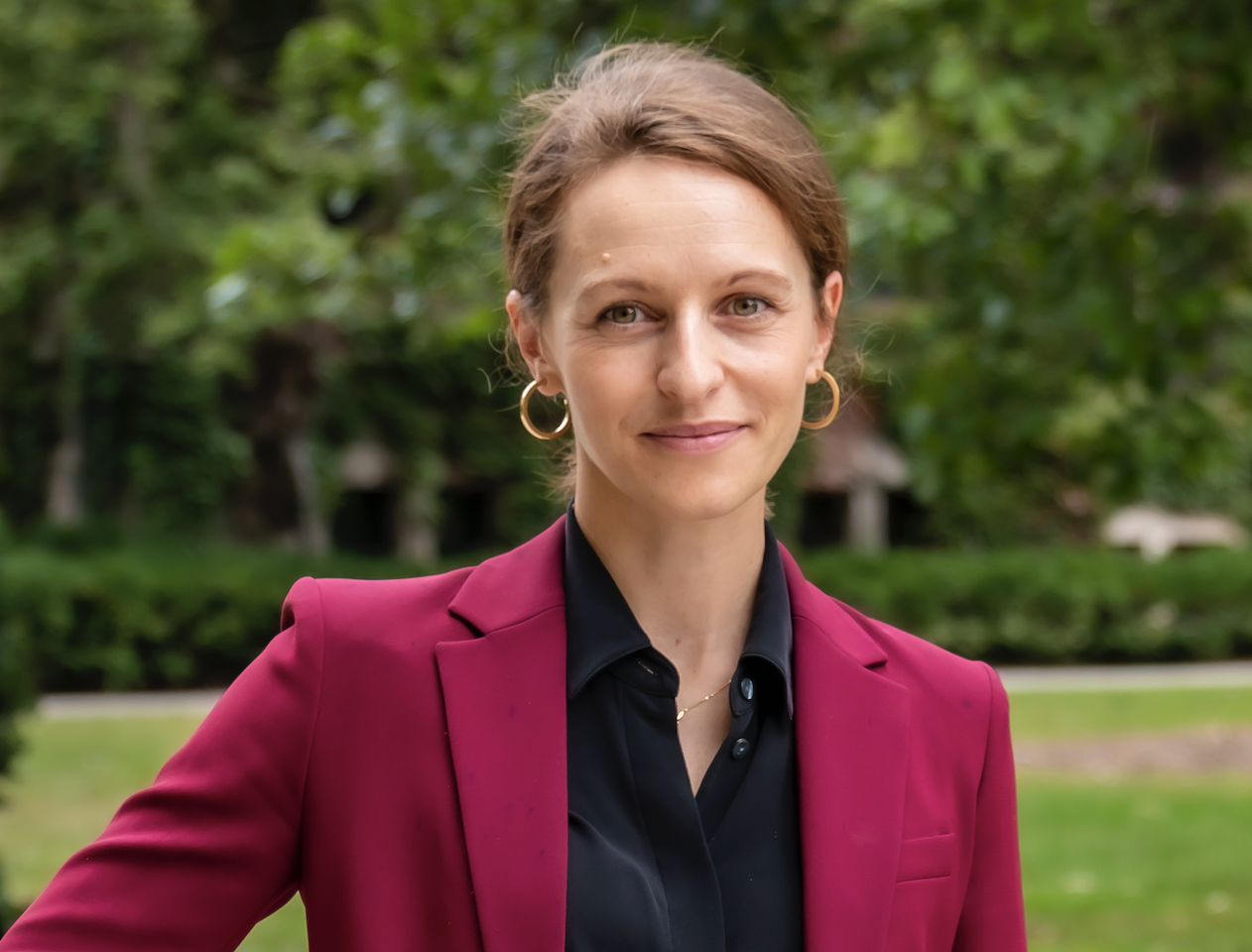
2025-26 Abstract:
Informal medicine markets are widespread across many low- and middle-income countries (LMICs), yet there is limited quantitative evidence on their effects on consumer behavior and societal welfare. This study examines the informal market for medicines in Freetown, Sierra Leone, where unlicensed vendors, known as marketers, sell medicines on public transportation. We conducted a listing of 141 marketers, collecting survey and observational data to uncover key insights. On the supply side, marketers primarily source medicines from wholesale pharmacies and sell them at prices comparable to retail pharmacies. On the demand side, citizens disproportionately rely on marketers for medicines with positive externalities (e.g., deworming pills) and for stigmatized conditions (e.g., STIs). Building on these findings, we propose two studies. First, leveraging quasi-random variation in citizens’ exposure to marketers, we examine whether this exposure influences their engagement with formal healthcare providers. Second, we experimentally vary marketers’ sales pitches to test how behavioral mechanisms, such as persuasive communication, shape demand for essential medicines. Finally, we will assess the quality of medicines sold in informal versus formal sectors through a blind comparison. These findings will inform policies on informal markets in Sierra Leone and provide insights applicable to other LMICs.
Bio:
Anne Karing’s, an Assistant Professor in Economics and the College, research focuses on the economics of healthcare delivery and health-seeking behaviors in low-income countries, integrating insights from psychology. Her core work explores how social signaling motives can influence behaviors to improve individual health and societal outcomes. She has implemented large-scale field experiments in Sierra Leone and Kenya to assess the effectiveness of social signaling incentives in increasing the demand for childhood immunization and deworming treatment. Anne’s follow-up surveys examine the long-run effects of these incentives on preferences and beliefs.
Other branches of her work investigate medicine markets, including the interplay between formal and informal markets and the role of social preferences and competition in addressing market failures among formal providers. She also evaluates the efficacy of government policies designed to enhance the uptake of essential healthcare services.
Karing earned a BA with honors in Philosophy, Politics, and Economics and an MPhil in Economics from the University of Oxford, where she was a Rhodes Scholar. She completed a PhD in Economics at the University of California, Berkeley, and a postdoctoral fellowship at Princeton University’s Department of Economics and School of Public and International Affairs.
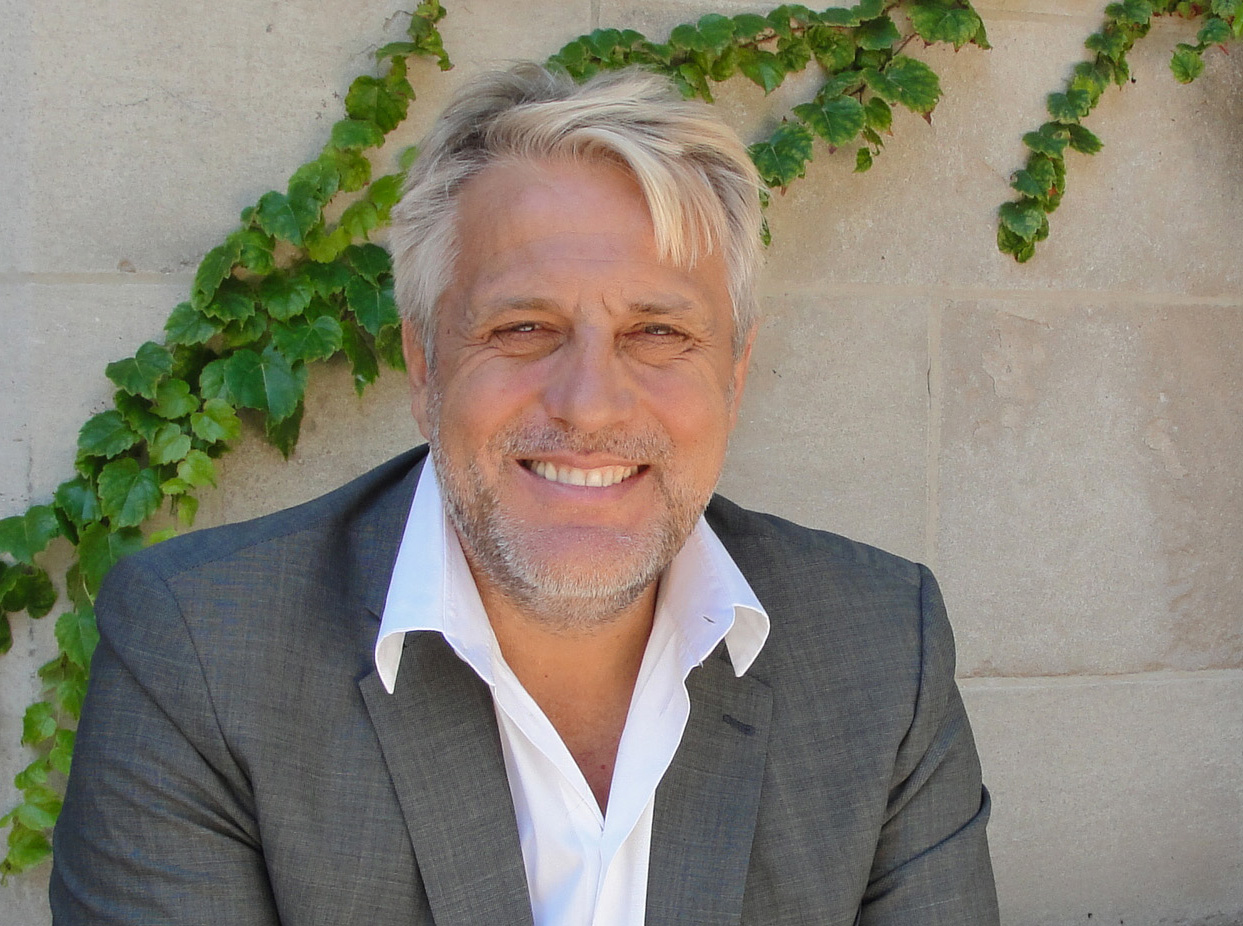
2021-22 Abstract: Impact of violence on the formation of children’ social preferences in the Sahel region of Africa
How does growing up in conditions of extreme adversity impacts the formation of social preferences? To answer this question, our project examines the development of social preferences in vulnerable children in the turbulent Sahel region of Africa. We will evaluate fairness preferences, altruism, anti-social preferences, and conformity to social norms that underpin a healthy and nourishing social fabric. Field experiments utilizing behavioral economics games on social preferences will be conducted with children in two geographically distinct regions of Burkina Faso and Mali: one in the southwest relatively peaceful area, and one in the northeast currently suffering from extreme violence triggered by recurrent Islamist militant incursions. These data will contribute to our knowledge of the influence of early exposure to violence on the formation of social preferences and social norms. They will also be used to inform interventions to foster prosocial motivations, social values, attitudes, and social norms that promote cooperation. This collaborative project with institutions of higher education in the Sahel region, France, and the US uses a multi-disciplinary approach of behavioral economics, social psychology and developmental psychology. This project also brings a unique opportunity for educating undergraduate students, graduate students and faculty in behavioral economics and psychology in a developing part of the world, which is largely underrepresented in academic research.
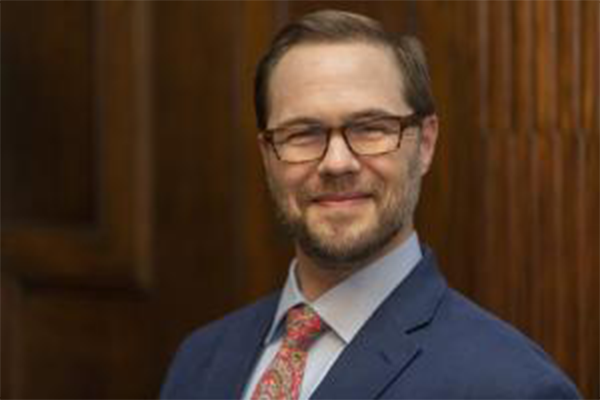
2021-22 Abstract: Indigenous Nations within the British Atlantic Empire
This project examines Indigenous nations that exerted a subtle but profound influence on the evolution of the British empire from within. It focuses on “tributary” nations: those who accepted (though often through coercion and violence) a status as subjects of the king. Even Native nations that experienced violent subjugation could exert power by embracing the “subject” category, using the rights it conferred to defend their communities against the ravages of colonialism.
Through their engagement with British political culture, Indigenous peoples transformed it. Native leaders articulated creative new possibilities for divided sovereignty and pluralist empire, staking a claim for an Indigenous future. Imperial administrators, already overseeing a composite empire of diverse peoples, could embrace such visions as viable forms of imperial governance. However, Native articulations of sovereignty provoked reactions from settlers, who came to view the rights of Indigenous subjects as intolerable assaults on their rights and articulated their own visions of the imperial body politic that were strikingly at odds with those of their countrymen in Britain.
Spanning the early modern British empire from the Caribbean to Canada, this project recovers the accomplishments of Indigenous intellectuals in shaping the terms of their subjection. It will illuminate the influence of Native political thought on the revolutionary remaking of British subjects into American citizens and on the evolution of modern concepts of sovereignty.
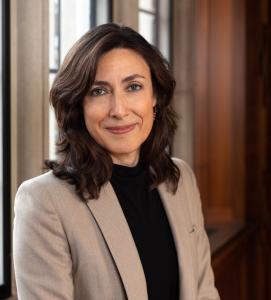
Negotiating Identities, Constructing Territories: Pre-Roman Iberia, 900-200 BCE
From the ninth century BCE the long coasts and fertile valleys of Iberia were tapped by Phoenician and Greek merchants and settlers coming from the eastern Mediterranean. An extended international network was slowly created, which also attracted the participation of Etruscans, Sardinians, Cypriots, and others. Iberia is a perfect laboratory for the study of these economic, cultural, and environmental horizons before the Mediterranean was politically connected under Rome. The ongoing interrogation of how these diverse groups first knitted an interconnected space is key to understanding the later Mediterranean of Classical and Roman periods in its true cultural depth. In 2003 Dietler and C. López-Ruiz organized a conference on this very topic at the UChicago, which resulted in the edited volume Colonial Encounters in Ancient Iberia: Greek, Phoenician, and Indigenous Relations (2009). Following two decades of intensive research stimulated in part by the questions raised at that conference, some of the same and additional experts in the key areas will meet in Chicago and be part of a new curated volume. Shifting the focus from colonial dynamics to the negotiation and construction of identities and territories, as well as new understanding of past environmental challenges, this project will bring novel data and perspectives to an international audience.
Biography
Carolina López-Ruiz is Professor of Ancient Mediterranean Religions and Mythologies in the Divinity School and the Department of Classics at the University of Chicago since 2022. Previously she was Professor of Classics at the Ohio State University. She studied in the Universidad Autónoma de Madrid, the Hebrew University of Jerusalem, and the University of Chicago (2005 Ph.D. on the Committee on the Ancient Mediterranean World). She specializes in Greek and Near Eastern mythology and religion, cultural contact, and the Phoenician-Punic world with a focus on ancient Iberia. Her latest monograph, Phoenicians and the Making of the Mediterranean (2021), pushes back against the Hellenocentric framework of much scholarship and places the Phoenicians’ cultural agency front and center in the deep transformations that took place across Iron Age cultures in the early first millennium BCE. She co-directs the University of Chicago excavations at the Phoenician site of Cerro del Villar in Málaga, Spain, with D. Schloen (ISAC) and the University of Málaga.
The conference, "Negotiating Identities, Constructing Territories: Pre-Roman Iberia, 900-200 BCE," is part of the Negotiating Identities, Constructing Territories research project at the Neubauer Collegium.

Emily Lynn Osborn's first book, Our New Husbands Are Here: Households, Gender, and Politics in a West African State from the Slave Trade to Colonial Rule (Ohio, 2011) is a history of gender and state-craft in Guinea-Conakry. She is currently working on a book on technology transfer and diffusion in West Africa that focuses on artisans who work with aluminum; she has also published articles on colonial intermediaries, the history of containerization in West Africa, and the role of the color red in the slave trade.
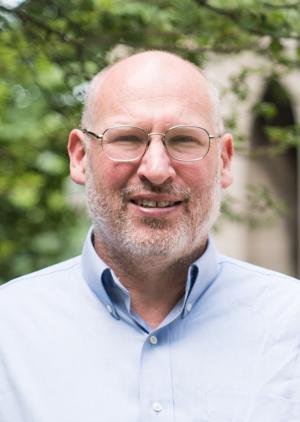
Steven Pincus is a historian of Britain and its Empire; he studies comparative revolutions, comparative empires, and northern Europe more broadly. Although he built his career as an archival historian, his research engages deeply with the social sciences. His 2011 book 1688: The First Modern Revolution re-evaluates the place of this revolution in history once viewed in a global context against other revolutions of the time, arguing that this revolution was more radical and influential than previously thought. He is currently writing a Global History of the British Empire from 1650-1784 and is the co-convener of two bi-weekly CISSR forums “History and Social Sciences” and “Empires and Atlantics.”
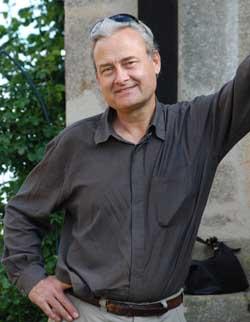
Alan Kolata leads ongoing interdisciplinary research projects studying human-environment interactions over the past 3000 years in the Lake Titicaca basin of Bolivia, on the north coast of Peru and most recently in Thailand and Cambodia. His recent research interests include comparative work on agroecological systems, human-environment interactions, the human dimension of global change, agricultural and rural development, and archaeology and ethnohistory, particularly in the Andean region.
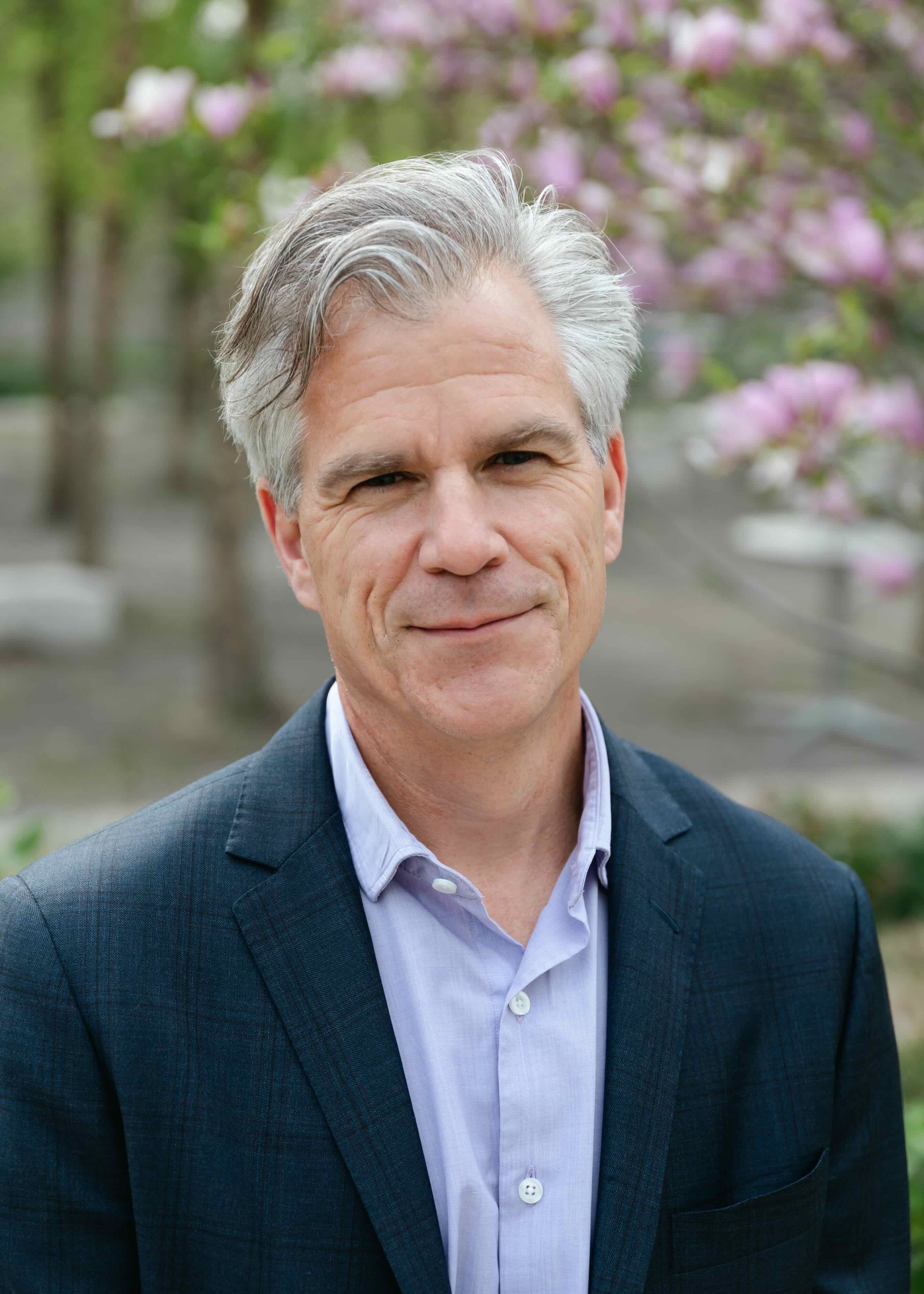
Paul Cheney is an historian of Europe with a specialization in old regime France and its colonial empire. Before beginning his PhD training in history at Columbia University, he studied political economy at the New School for Social Research. He has taught at Columbia University, the European College of Liberal Arts (Berlin), and the Queen's University of Belfast. The unifying element of Professor Cheney’s work is an interest in early modern capitalism, and in particular the problem of how modern social and political forms gestated within traditional society. Old regime France serves as an excellent case study in this problem because of the way in which it combined real economic dynamism with deep-seated political and social impediments to growth. He addresses France’s integration into a globalized early modern economy in a methodology diverse way, drawing on intellectual, economic, and social history. His first book, Revolutionary Commerce: Globalization in the French Monarchy (Harvard University Press, 2010), examined how French philosophes, merchants, and administrators understood the adaptability of the French monarchy to the modernizing forces of primitive globalization. Currently, he is working on a second book entitled, Cul de Sac: Patrimony, Capitalism, and Slavery in French Saint-Domingue (University of Chicago Press, 2017), a micro-history of one plantation in France’s richest colony. He has published in such journals as The William and Mary Quarterly, Past & Present, Dix-Huitième siècle, and Les Annales historiques de la révolution française. Professor Cheney joined the CISSR Faculty Board in January 2022.
Recent Research / Recent Publications
2019-20 Abstract:
His project examines the political context in twentieth-century African independence movements--in this case Senegal--for the writing of colonial history. It takes a basically biographical approach to this subject, by examining the career of Gabriel Debien (1906-1990), a French scholar who generally considered the founder of the social history of the French Antilles. Debien began his career teaching at the University of Cairo, but was hired to establish the department of history at the University of Dakar in 1957, just as Senegal was making the transition to its ultimate independence from France, which it achieved in 1960.
There is a well-established link between the between colonial independence movements and the writing of the history of slavery and abolitionism. Eric Williams, who eventually became the first prime minister of the independent Trinidad and Tobago in 1962, wroteCapitalism and Slavery (1944) after studying in Oxford. In France, leaders of the négritude movement, Léopold Sédar Senghor (future first president of Senegal) and Aimé Césaire (Martiniquan politician) both gave lectures at the Sorbonne about the French abolitionist Victor Schoelcher in April of 1948 to commemorate the 100th anniversary of abolition in the French Empire.
Debien testifies to a reverse movement: instead of a colonial subject studying and writing about slavery and abolition in the metropole, he was was born and educated in western France and then spent most of his scholarly career outside of Europe. The establishment of the discipline of history in Senegal was concurrent with debates over the form that autonomy for France’s overseas possessions would take. Senghor and Césaire both eschewed complete independence for the former colonies, opting--successfully, in the case of Aimé Césaire's Martinique--for a continuing political integration with the metropole. Although this was not to be the case for Senegal, Senghor advocated for a Eurafrican federalism based upon bidirectional cultural influences. These ideas left their traces on establishment of higher education in independent Senegal--a project to which Gabriel Debien was called to contribute.

Adom Getachew is Professor of Political Science, Race, Diaspora and Indigeneity and the College at the University of Chicago, as well as interim chair of the Department of Race, Diaspora, and Indigeneity. She is a political theorist with research interests in the history of political thought, theories of race and empire, and postcolonial political theory. Her work focuses on the intellectual and political histories of Africa and the Caribbean. Her work focuses on the intellectual and political histories of Africa and the Caribbean. She is author of Worldmaking after Empire: The Rise and Fall of Self-Determination (2019) and co-editor with Jennifer Pitts of W. E. B. Du Bois: International Thought (2022). She is currently working on a second book on the intellectual origins and political practices of Garveyism—the black nationalist/pan-African movement, which had its height in the 1920s. Her public writing has appeared in Dissent, Foreign Affairs, the London Review of Books, the Nation, and New York Times. She is on the faculty board of the Pozen Center for Human Rights, a fellow at the Chicago Center for Contemporary Theory, and a faculty affiliate at the Center for the Study of Race, Politics and Culture. Prof. Getachew joined the CISSR (Center for International Social Science Research) Faculty Advisory Board on July 2022.